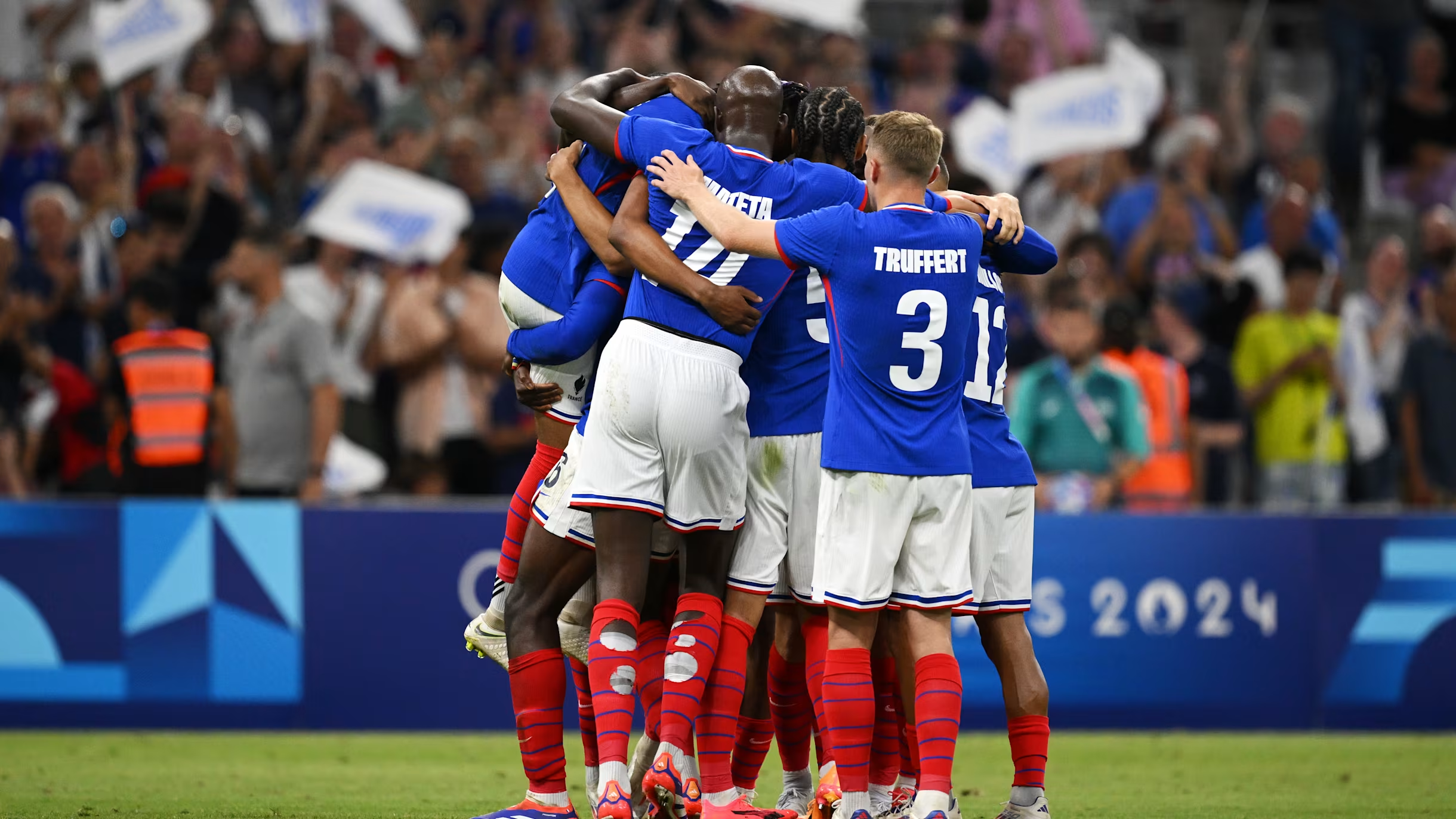The Olympic men’s soccer tournament is set to witness a high-profile clash as host nation France faces Argentina in the quarterfinals in Bordeaux on Friday. This match marks the first time these soccer powerhouses meet in an Olympic contest, adding a new chapter to their increasingly heated rivalry.

Although the Olympic tournament features under-23 squads, the significance of this matchup is not lost on either team. The encounter serves as a symbolic rematch of the 2022 World Cup final in Qatar, where Lionel Messi’s Argentina clinched the world title by narrowly defeating Kylian Mbappé’s France on penalties.
The history between these two nations on the soccer field is rich and contentious. Their World Cup encounters have been pivotal, with Argentina securing victories in 1930 and 1978, while France’s triumph in the 2018 round of 16 crushed Argentina’s hopes of ending their long-standing title drought.
Javier Mascherano, a former Argentina international and current Olympic team coach, reflected on their 2018 defeat, saying, “One of these blows shatters your illusion. You have to accept that your opponent is better and that’s the end of it. Hopefully, in the future, these lads will be able to achieve a title.” Mascherano’s words now carry extra weight as he leads Argentina’s Olympic squad against their rivals.

Recent events have further intensified the rivalry. A controversial video posted by Argentina’s Enzo Fernandez following their Copa America victory featured a song about France’s players of African descent, which the French Football Federation denounced as “racist and discriminatory.” This incident led to Argentina’s men’s soccer and rugby teams being booed during the opening Olympic events in St Etienne and at the Stade de France.
As both teams prepare for this crucial quarterfinal match, the stakes extend beyond Olympic glory. For France, it’s an opportunity to assert dominance on home soil and avenge their World Cup final loss. Argentina, meanwhile, aims to prove that their recent success was no fluke and to silence the critics in hostile territory.



